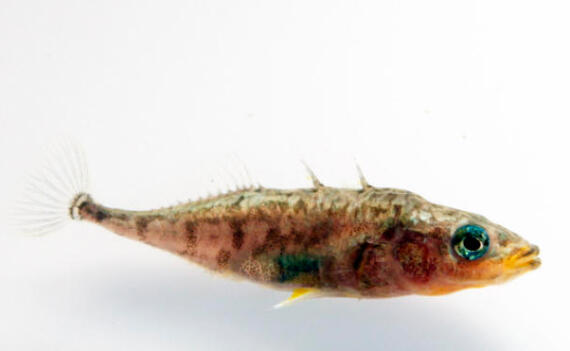

News 2018
For current news click here.
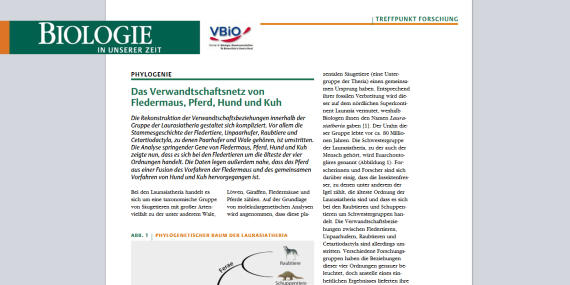
Joint Article by EvoPAD Philosopher and Biologist
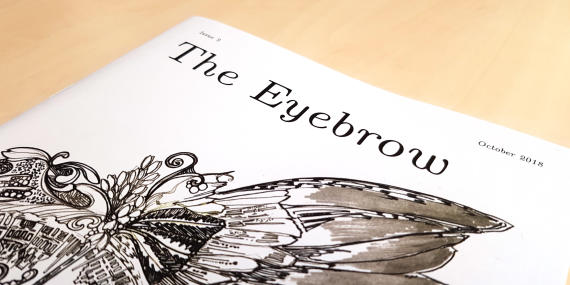
Third issue of "The Eyebrow" out now
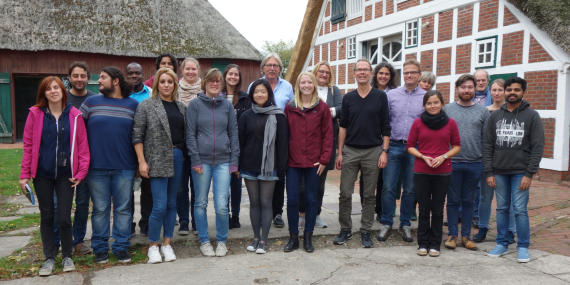
Second EvoPAD Summer School on "Evolutionary Processes in Disease"
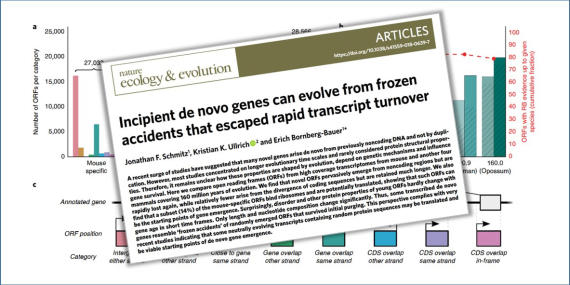
EvoPAD PI examines the process of de novo gene birth
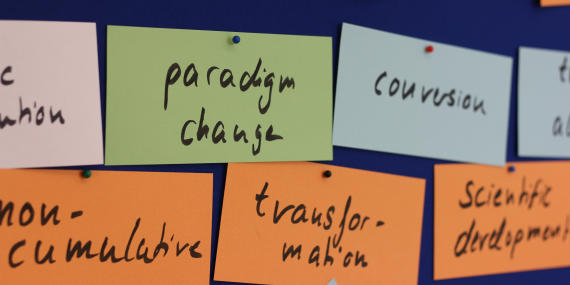
Introduction to the Philosophy of Science
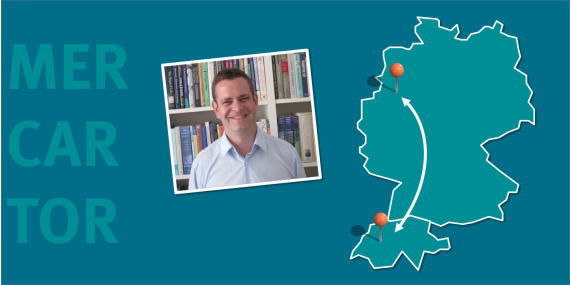
“I had a really great month in Münster”
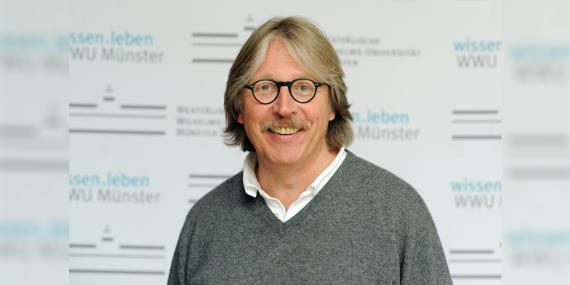
The human within: Norbert Sachser publishes book on similarities between animals and humans
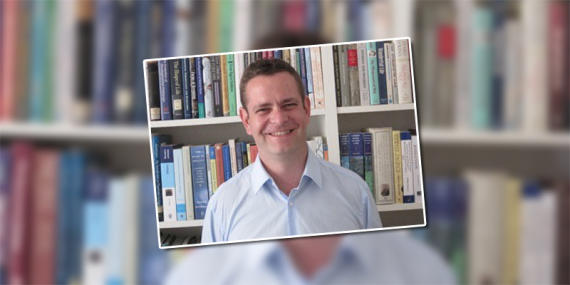
EvoPAD welcomes Prof. Dr. Thomas Flatt as first Mercator Fellow
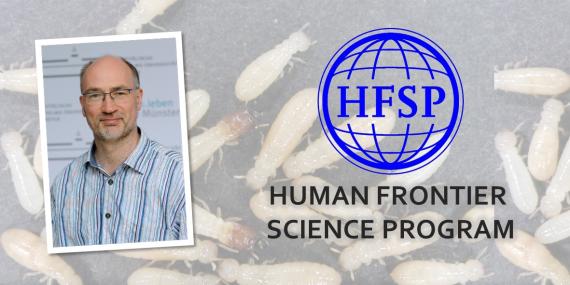
EvoPAD PI Erich Bornberg-Bauer receives prestigious HFSP Research Grant

Training on good scientific practice
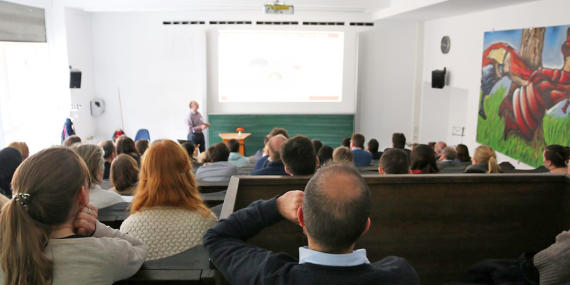
EvoPAD contributed to 7th MGSE Symposium
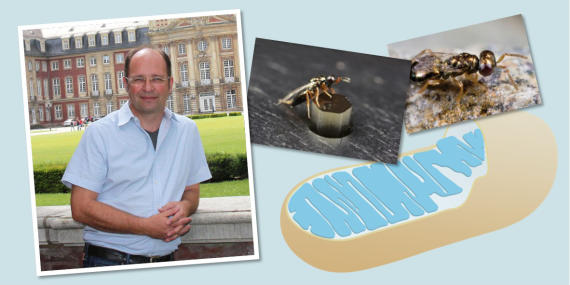
EvoPAD welcomes Jürgen Gadau as new member
Successful introduction to Bioethics
On 7 – 9 February, the EvoPAD PhD students completed an intensive training in bioethics, taught by Konstantin Schnieder from the Center for Bioethics. The PhD students gained a concise overview about the basics of moral reasoning and the major traditions of ethical theory and applied their insights to some contemporary issues in bioethics. The course represented a challenge for both sides: While philosopher Konstantin Schnieder was confronted with a group consisting mainly of biologists, the PhD students wondered how the bioethical issues would be related to their daily work. Feedback from the participants shows, that the challenge has been met successfully. Learn more...
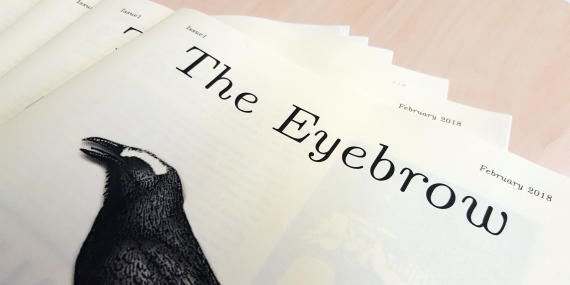
EvoPAD and MGSE PhD students launch magazine "The Eyebrow"
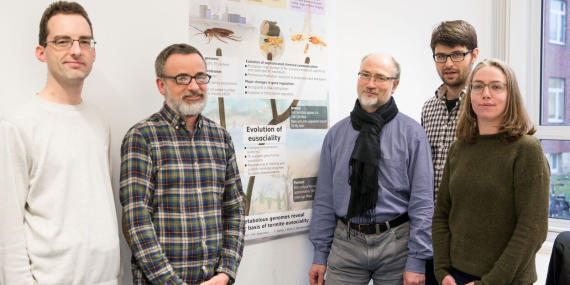
Insights into molecular basis of termite eusociality
